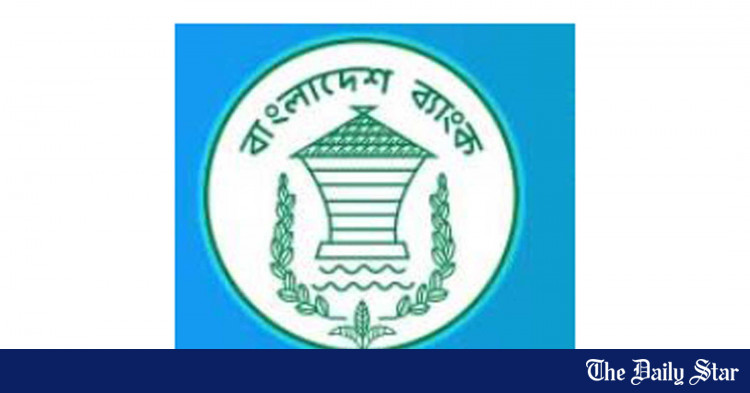BB sells USD ignoring market rates
Bangladesh Bank yesterday sold $40 million to banks at Tk96 each, a rate that contradicts their own efforts to accept a floating exchange rate as it is well below the market rate.
A senior BB official argued on condition of anonymity that the central bank will need some time to follow the market-based course while selling the greenback to banks.
“We will gradually adjust the course to make the floating exchange rate fully effective,” he said.
Two economists urged the central bank to implement the market-based interest rate as soon as possible to restore stability in the foreign exchange market, which has faced volatility since May due to dollar shortages amid escalated imports.
However, the exchange rate of the greenback remained unchanged on the interbank platform on Tuesday and yesterday. The highest price quoted by the banks was Tk 106.90 yesterday.
As on Tuesday, some banks sold dollars at Tk 109 to Tk 110 to importers.
The weighted average rate was Tk 103.35 per USD yesterday versus Tk 103.30 the day before.
The weighted average rate is the average of the rates at which banks buy dollars from exporters and remittances from foreign exchange houses.
A manager of a bank said that nobody should take into account the existing weighted average rate to judge the further development of the foreign exchange market.
He explained that the banks now set the average rate based on the rates of the last five working days.
“The weighted average price could fall to some extent over the next week,” he said.
Ahsan H. Mansur, executive director of the Policy Research Institute of Bangladesh, suggested that the central bank adjust the exchange rate to the rate quoted by the market.
“If the central bank doesn’t do this, the FX market will not regain its stability,” he said.
According to the former International Monetary Fund economist, most of the dollars provided by the central bank are used by state-owned companies, for example to pay import bills for petroleum products.
“This means the central bank is now subsidizing the government to import commodities by selling the dollar at a lower rate,” he said.
“Multiple interest rates will not be good for the economy. The Bangladesh Bank tracks one rate for private sector importers and another for state-owned companies.”
Importers must count up to Tk 110 to buy a dollar from banks.
Selling dollars at a lower rate will also not help protect foreign exchange reserves, which stand at less than $38 billion compared with more than $46 billion a year ago.
Mustafizur Rahman, a senior fellow at the Center for Political Dialogue, believes the government should provide subsidies for importing essential goods.
“If the central bank raises interest rates from current levels, the government will have to spend more money to buy essential commodities from international sources,” he said.
In such a situation, he thinks, the government should provide budget support to keep commodity prices stable so that ordinary people are not exposed to further inflationary pressures.
The central bank has provided $2.90 billion in greenbacks this fiscal year, after providing a record $7.62 billion in the last fiscal year that ended in June.


Comments are closed.